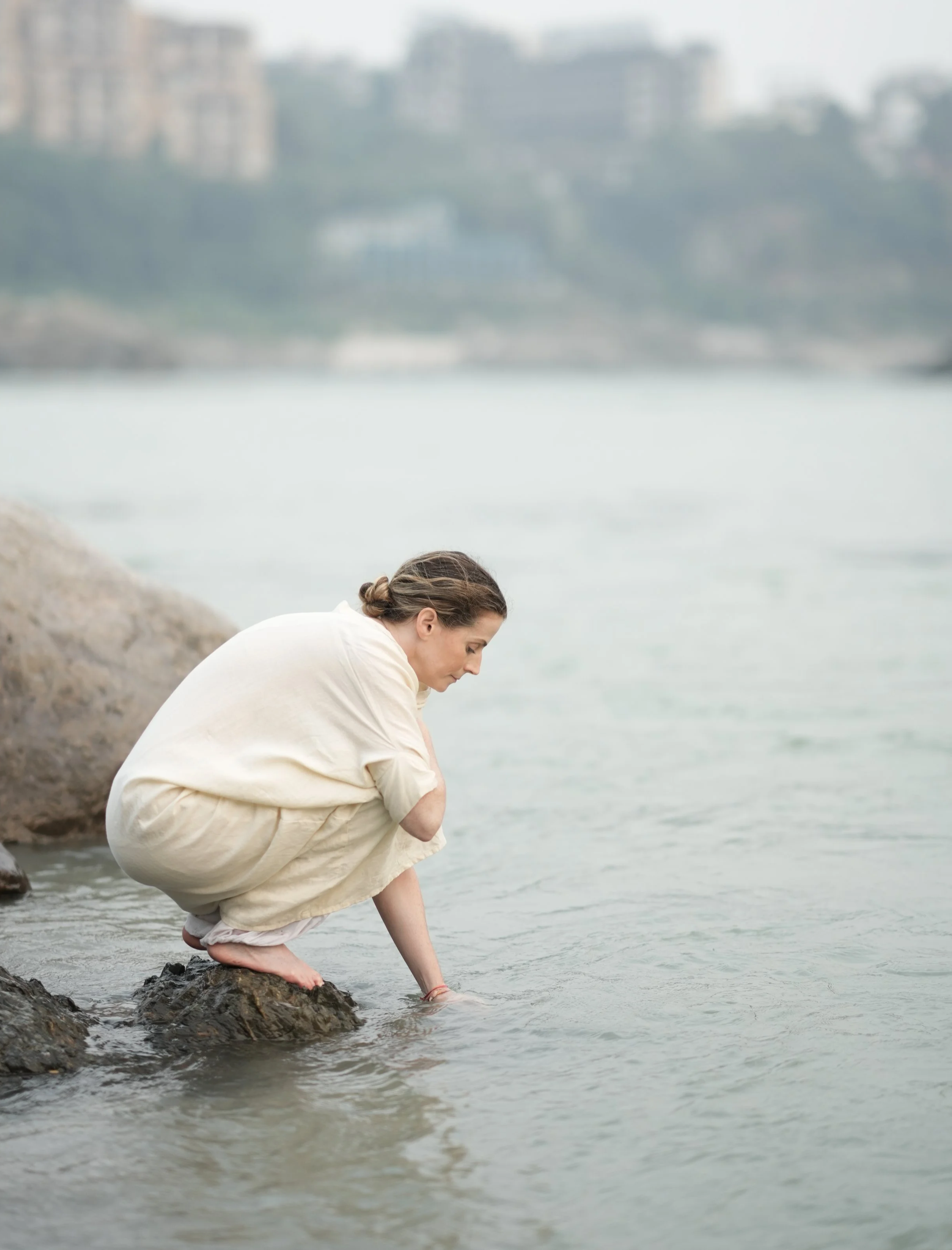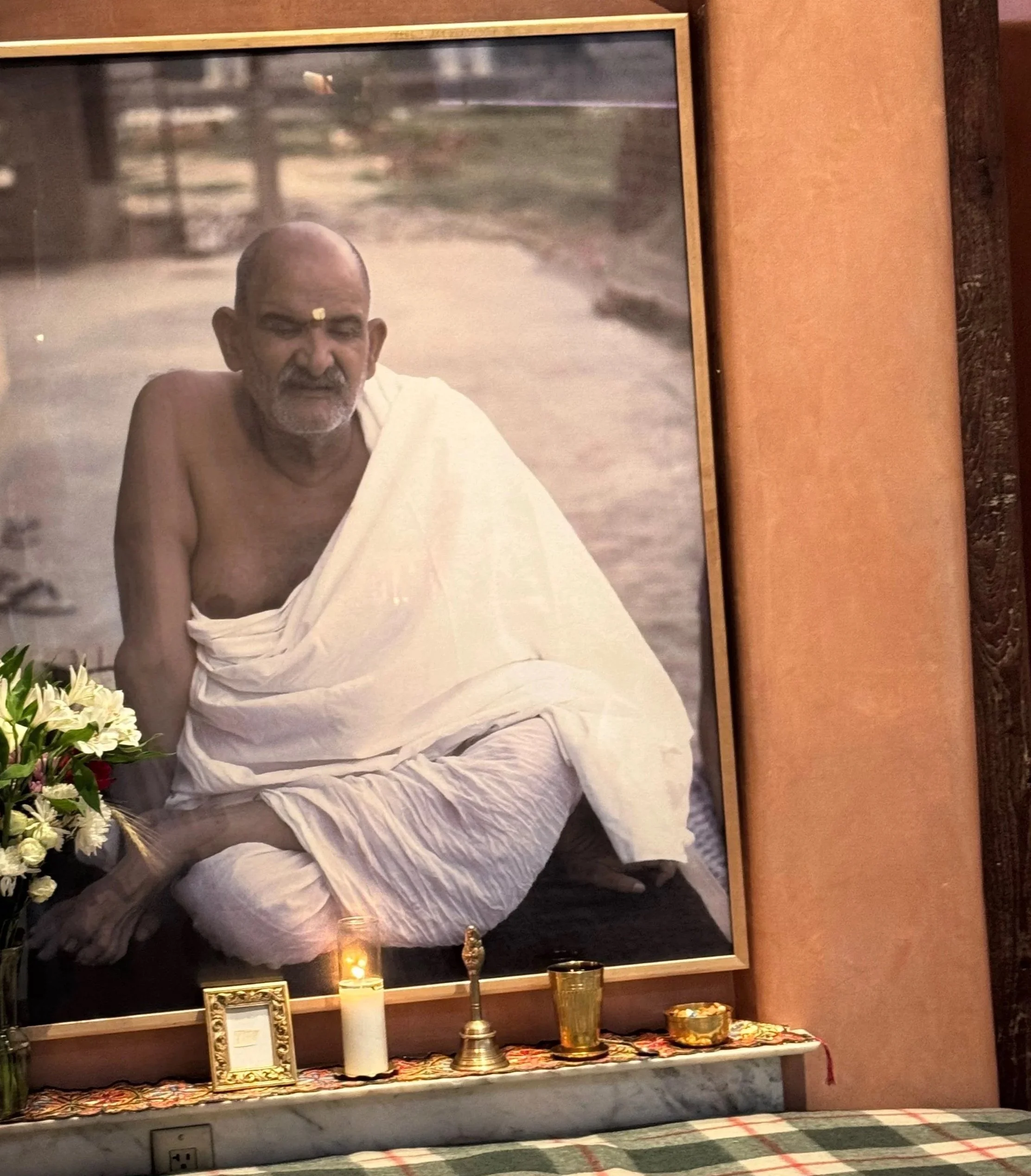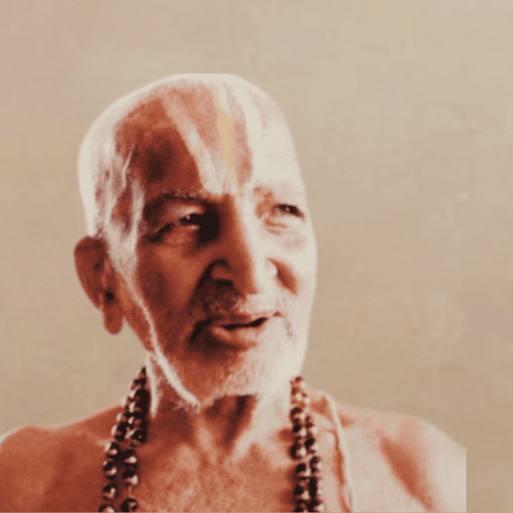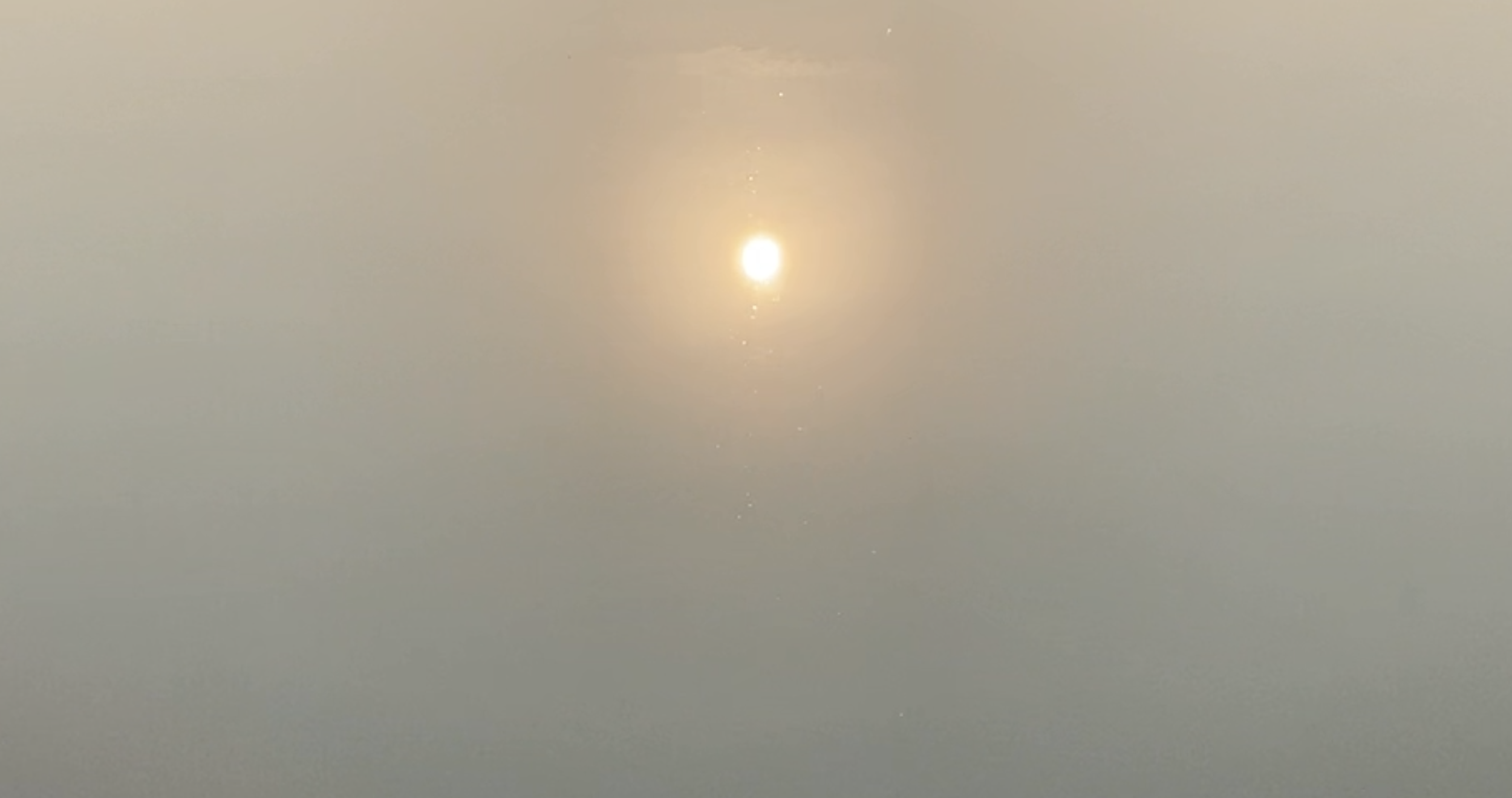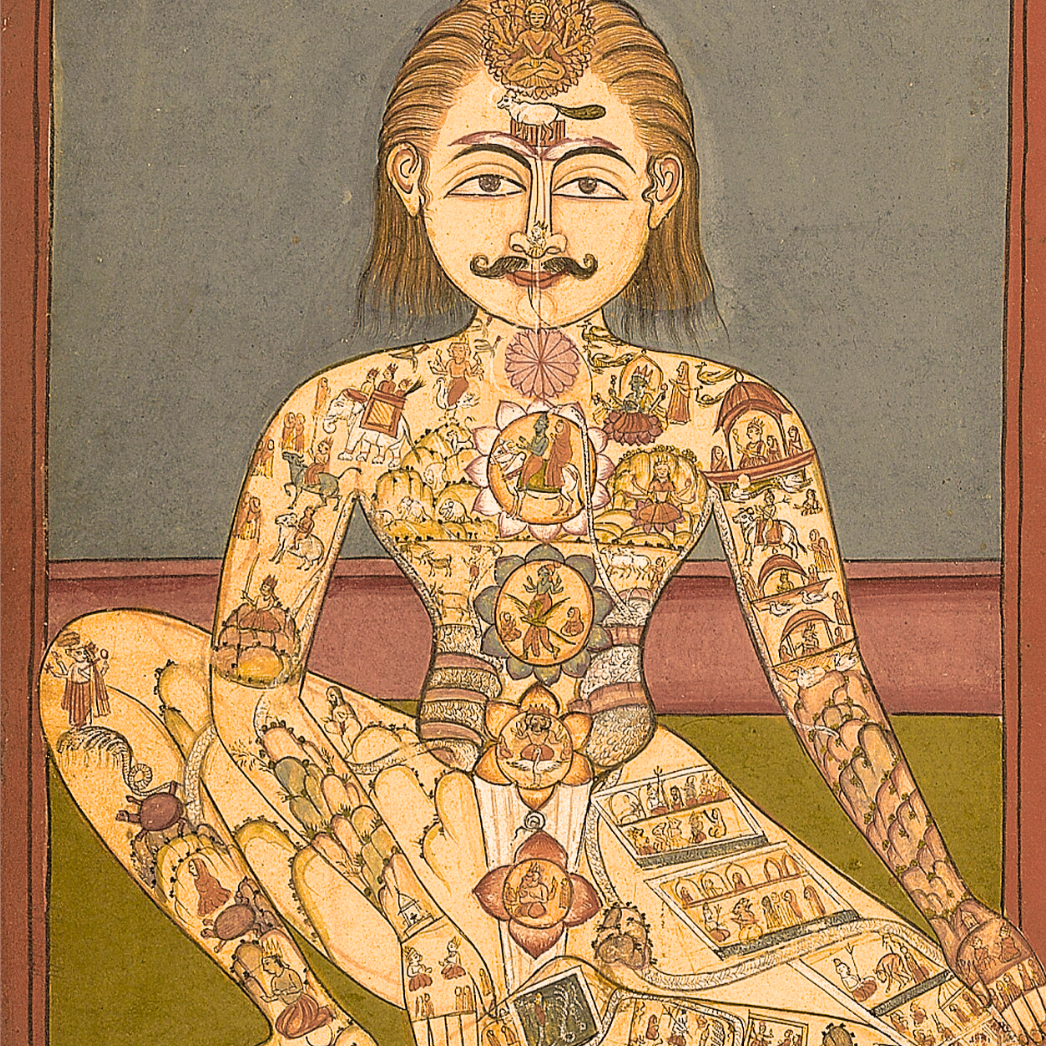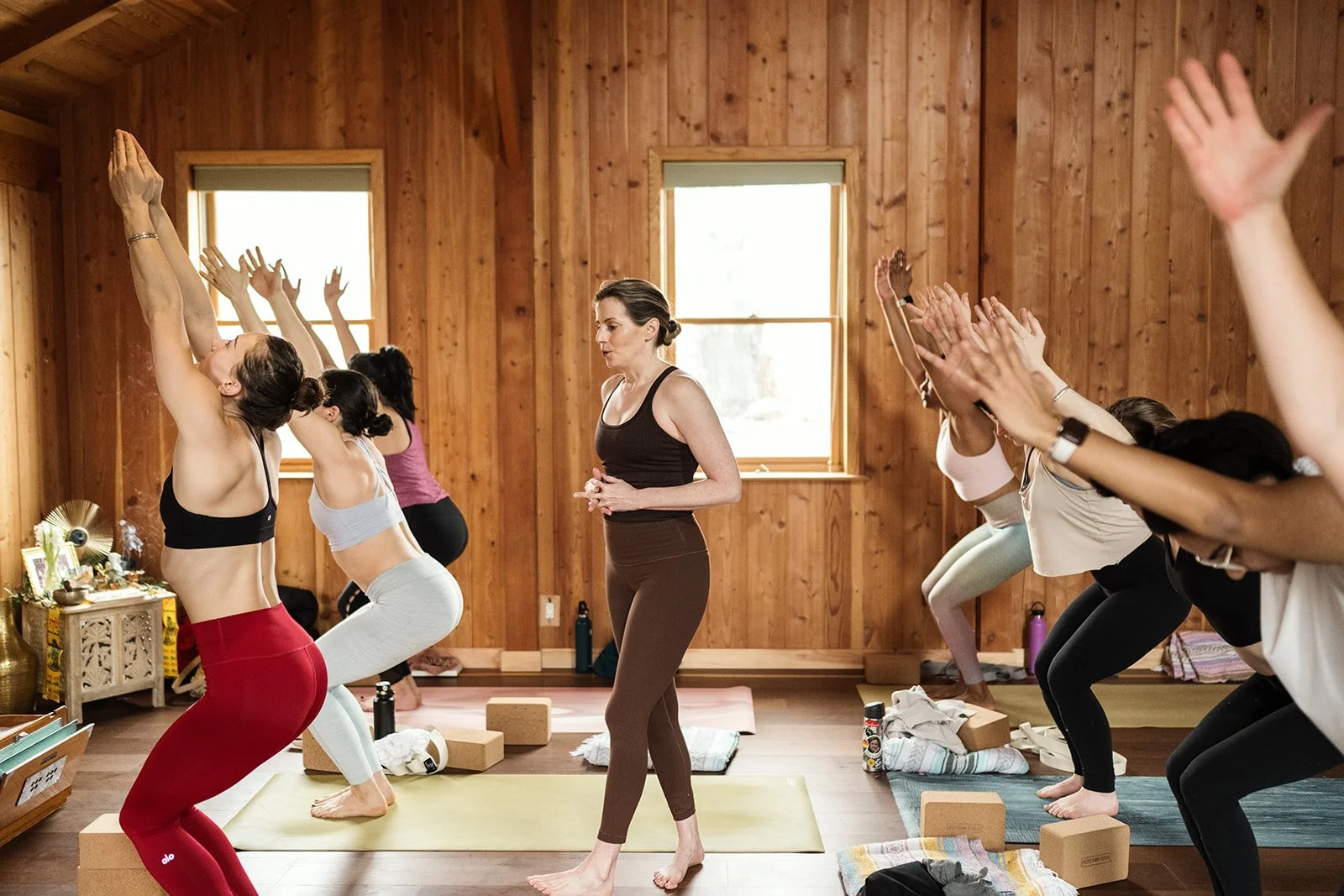
THE BRIDGE
सेतु
Connecting your physical yoga practice with traditional context.
A 6-session Online Course
Yoga impacts our lives with a generous beauty and its essence will only continue to call us in further and deeper. After all, yoga is not just a fitness or “wellness” trend, but is a very complex body of spiritual practices with a long history. So, for all practitioners and teachers curious about this path of “inner training” – those wondering how the postural practice functions within the greater traditional context, those wanting to take a step further - this is for you. These six classes will help you to engage more fully in your physical practice and taste the sweet nectar of yoga, through a revival of traditional wisdom not often shared in modern studio classes. (Jump to course outline below).
How “The Bridge” Came to Be
Three of my wholehearted beliefs formed this program: 1) with it’s roots in India, the comprehensive yoga system gives us a map of skills to be good to ourselves, good to others, and to live in good relationship with the world around us; 2) the depth of yoga and yogic life should be easily accessible to all practitioners, not limited to teacher trainings; 3) teaching should be based on the continual development of one’s studentship first and foremost, including an understanding of how the roots of yoga are alive in your practice. There’s a lovely term in Sanskrit: yogastha, meaning one who “stands in yoga” or is “established in yoga.” Maybe now more than ever, we need more people firmly rooted in yoga.
Somewhere along the way in my own timeline, I recognized the poses were not the whole story, and I felt very confused. This course provides the context that I wish I had access to many years ago. But in these unsteady times, it’s also a response to the strong draw many people are feeling towards greater stability, wisdom and connection. A delightful number of tenderhearted messages come my way from curious yoga practitioners asking: “How can I learn more about the spirituality of yoga?” Such a great inquiry should be dignified. So, here we are, you can start Here & Now!
Why This Matters
“It takes dedication to keep the quality of yoga alive. Quality is a way of living a spiritual life, that’s what we are seeking from yoga, a more spiritual way of being in the world.”
- Maty Ezraty
Yoga offers a broad range of techniques to guide us to the inherent steadiness at our heart. Therein - at heart center - lies a well of resilience, the true strength of yoga! When grounded in this understanding we are more in harmony with the natural way of things during our everyday lives, and can go beyond the habits of mind that hinder us. In other words, we become more free. And yet, our connection to that innermost peace (shanti) gets obscured by our naturally active, ever-changing minds. Such is our predicament: often feeling distant from that which anchors us.
The path requires skillfulness not only with our body and breath, but also mental practices to focus the mind and spiritual reflection to soften the heart. By bringing these aspects together we have a clear way to balance and fortify our inner spiritual life. It is this holistic experience of the yoga system that inspires us to continue and to live in relationship with the practice.
We can use the physical practice to develop an ability to pay attention, and to continuously nurture that ability - like watering a garden. The word yoga in fact means “concentration.” And, such present-moment perception puts us in touch with a sense of inner aliveness and well-being that shape an understanding of our purpose alongside of appreciation for life’s beautiful mysteries.
Course Structure
Class will be held via Zoom on Sunday evenings (6-7:30pm) for a total of six sessions, with recordings available for three months. The content is divided into five parts: starting with the historical context of yoga, then exploring the realms of the Self (Soul), the mind, the body (both physical body and subtle energy), and ending with an orientation to gods, goddesses and devotion. Session six, is a module geared towards teachers (though everyone is welcome to attend) with some thoughts about how to approach incorporating yogic wisdom into teaching studio classes. Scroll below for a more detailed outline of the six sessions.
We will slice across traditions to illuminate key threads that will enhance & inspire your existing physical practice, drawing largely from the teachings of Sri Tirumalai Krishnamacharya (the Father of Modern Yoga), classical yoga of Patanjali, Hatha, Tantra, and Bhakti. And of course, I’ll share insights from my over 20 years of personal study and practice.
My aim is to demystify fundamental concepts, bring even more purpose to your practice, to give a really good map of the terrain and fire up inspiration so you can then follow the path of your own curiosity. As my teacher AG Mohan has said, “There needs to be both clarity about what is to be done and the determination to do it.” The recordings will be available for three months so you can rewatch and harvest whatever makes your heart sing!
Let’s follow the poses home to the person we are and the wellness of the greater whole.
Jump to course outline below.

“Nowadays, the practice of yoga stops with just asanas…. There is a need to search once more to reestablish the practice and value of yoga in modern times.”
— Sri Tirumalai Krishnamacharya
WHO IS THIS FOR?
Yoga practitioners who wants to establish themselves more deeply in the practice of yoga, expand their understanding beyond the poses, or to amplify their physical practice with more traditional context
Teachers who want to become more confident integrating dharma into their teaching (If you’ve completed a YTT, I am rather confident that most of this material will be new to you. And for any aspects that are already familiar, you’ll get to hear things presented in a fresh way. The full course counts as 12 hours of continuing education with the Yoga Alliance for RYTs.)
Anyone seeking to live in harmony with the way of things and with more compassion and mindfulness. (If you aren’t engaged in physical yoga classes, great! In some ways you will actually have a learning advantage of being without bias.)
Studio owners/managers or anyone involved in yoga business who would like hold their work with a more spiritually informed lens
Healers & those holding holy space who are interested in incorporating yogic perspective into their toolbox

"Your own Self-realization is the greatest service you can render the world."
— Sri Ramana Maharshi
WHAT WE’LL COVER
SESSION 1: YOGA योग
An historical orientation to yoga, focusing on how, when and why the postural practice developed
The many traditions of yoga (there is not just one)
The goals of yoga according to historical texts; and reflection on modern goals
Introduction to T. Krishnamacharya, including a discussion about the origins of modern postural yoga
SESSION 2 : SELF आत्मन्
Who are you according to the yoga system; knowledge of the Self
A brief look at the Sāṃkhya view of reality
OM! And the peace within you
Why we suffer
Our connection to all other beings
SESSION 3: MIND चित्त
Yoga as part of a meditative system for mental focus & steadiness (mind training)
“Yogi psychology” - the workings of your mind
Ego, attachment & other hurdles to inner contentedness
Meditation, mantra
The role of mental and physical discipline (tapas, abhyāsa, vairāgya), and our inner + outer actions (yamas/niyamas)
SESSION 4: BODY देह
A discussion of the varied roles the body has played over the history of yoga and some of the many ways yogis have thought about “bodies”
The origins of vinyasa yoga and surya namaskar (sun salutations)
The physical body and subtle body
Key concepts including asana, nadis, prana, kundalini, bandha, mudra, etc.
Starting a personal home practice
SESSION 5: DEVOTION भक्ति
An introduction to key mythic gods & goddesses
Bhakti (devotion) and what does it matter? (love is a pretty great spiritual practice)
The numerous diverse ways that divinity is conceptualized across yogic traditions
Inviting more awe & appreciation into your life
SESSION 6 : How to weave yogic teachings into studio classes
This session is oriented towards teachers, but all are welcome to attend! I will share some ideas and reflections on bringing yogic dharma into teaching studio classes, with extra time for questions & discussion.
(Please note: Being even smaller than a small business, I am unable to offer refunds.)


